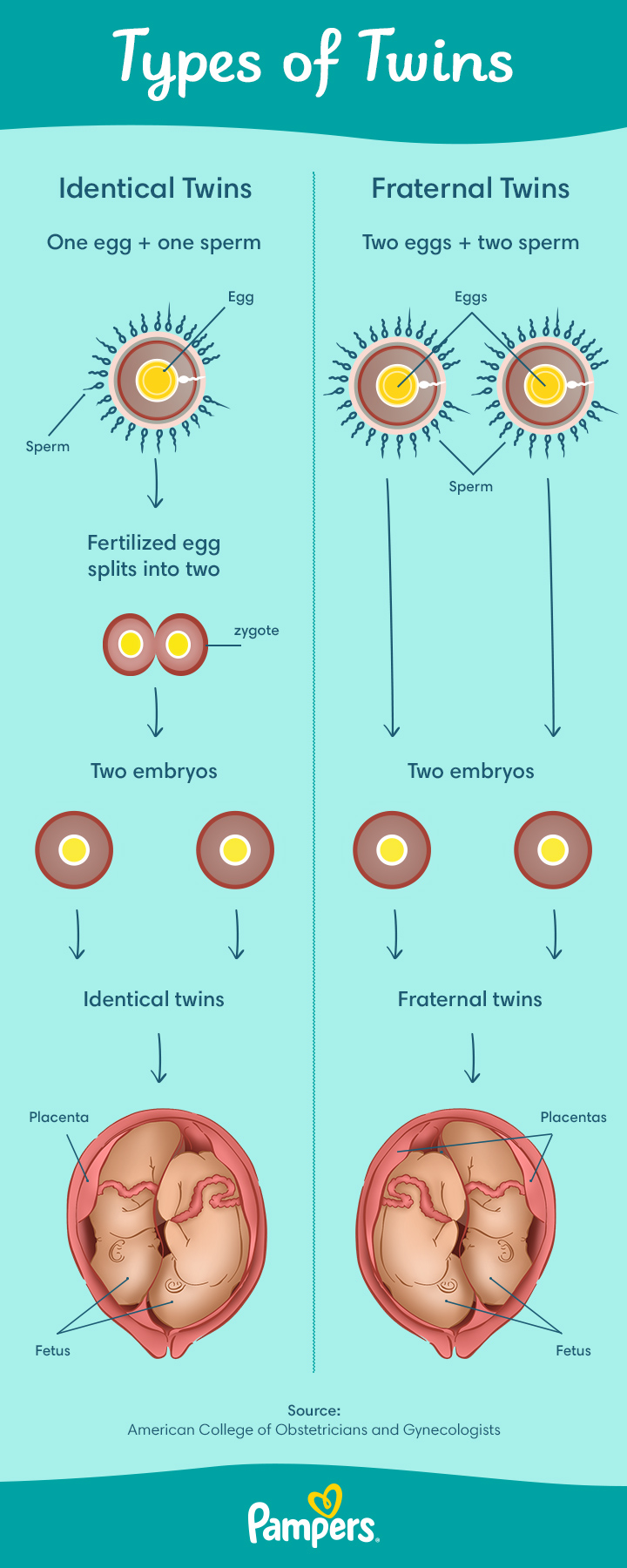
Symptoms of Twin Pregnancy
Twin pregnancy, the simultaneous gestation of two fetuses, is a unique and often challenging experience for expectant mothers. While many of the symptoms are similar to those of a singleton pregnancy, there are certain signs and symptoms that may be more pronounced or specific to twin pregnancies. Understanding these symptoms can help expectant mothers and their healthcare providers monitor the pregnancy and ensure the well-being of both babies.
Early Symptoms
- Rapid weight gain: Due to the increased fetal mass, women carrying twins may experience more rapid weight gain than those with singleton pregnancies.
- Severe morning sickness: The hormonal changes associated with twin pregnancy can lead to more intense and prolonged nausea and vomiting.
- Excessive fatigue: The demands of carrying two fetuses can result in extreme fatigue and a need for frequent rest.
- Frequent urination: The increased blood volume and pressure on the bladder can cause more frequent urination, especially during the early stages of pregnancy.
- Enlarged uterus: The uterus expands more rapidly in twin pregnancies, which can lead to a noticeable increase in abdominal size.
Mid-Pregnancy Symptoms
- Increased fetal movement: As the fetuses grow and develop, their movements become more pronounced and frequent.
- Abdominal pain: The stretching of the uterus and the pressure on the surrounding organs can cause abdominal pain and discomfort.
- Back pain: The increased weight and altered posture can lead to back pain and discomfort.
- Leg cramps: The increased pressure on the blood vessels can cause leg cramps and swelling.
- Varicose veins: The increased blood flow can lead to the development of varicose veins in the legs and vulva.
Late-Pregnancy Symptoms
- Preeclampsia: This condition, characterized by high blood pressure and protein in the urine, is more common in twin pregnancies.
- Gestational diabetes: The increased hormonal levels and metabolic demands of twin pregnancy can increase the risk of gestational diabetes.
- Preterm labor: Twin pregnancies are more likely to result in preterm labor, which can lead to complications for the babies.
- Polyhydramnios: This condition, characterized by an excessive amount of amniotic fluid, is more common in twin pregnancies.
- Placental abruption: The increased uterine size and pressure can increase the risk of placental abruption, a serious condition that can lead to bleeding and premature birth.
Other Symptoms
- Emotional changes: The hormonal fluctuations and the physical demands of twin pregnancy can lead to emotional changes, including mood swings, anxiety, and depression.
- Sleep disturbances: The discomfort, frequent urination, and anxiety can interfere with sleep quality.
- Constipation: The increased pressure on the digestive system can lead to constipation.
- Heartburn: The increased pressure on the stomach can cause heartburn and indigestion.
- Hemorrhoids: The increased blood flow and pressure on the veins can lead to the development of hemorrhoids.
When to Seek Medical Attention
It is important for expectant mothers carrying twins to seek medical attention promptly if they experience any of the following symptoms:
- Severe abdominal pain or cramping
- Vaginal bleeding or spotting
- Preterm labor symptoms (contractions, back pain, pelvic pressure)
- Excessive swelling or weight gain
- High blood pressure
- Protein in the urine
- Decreased fetal movement
- Severe nausea or vomiting
- Persistent headaches or blurred vision
Management of Twin Pregnancy
The management of twin pregnancy requires close monitoring and specialized care. Expectant mothers will typically have more frequent prenatal appointments, ultrasounds, and blood tests to assess the growth and well-being of both fetuses.
- Prenatal care: Regular prenatal appointments are essential to monitor the pregnancy, assess fetal growth, and screen for any potential complications.
- Ultrasound monitoring: Ultrasounds are used to assess fetal growth, determine the position of the fetuses, and detect any abnormalities.
- Blood tests: Blood tests are used to monitor blood pressure, blood sugar levels, and protein levels in the urine.
- Dietary modifications: Expectant mothers carrying twins may need to increase their calorie intake and ensure adequate intake of protein, iron, and calcium.
- Exercise: Regular exercise can help improve circulation, reduce back pain, and promote overall well-being.
- Emotional support: Twin pregnancy can be emotionally challenging, so expectant mothers may benefit from support groups or counseling.
Delivery of Twins
Twin deliveries are typically more complex than singleton deliveries and may require specialized medical interventions. The delivery method will depend on the position of the fetuses, the gestational age, and any potential complications.
- Vaginal delivery: If the fetuses are in a head-down position and there are no complications, a vaginal delivery may be possible.
- Cesarean section: If the fetuses are in a breech position, there are complications, or the mother’s health is at risk, a cesarean section may be necessary.
Postpartum Care
After the delivery of twins, expectant mothers will require additional postpartum care and support.
- Recovery from delivery: The recovery period after a twin delivery may be longer and more challenging than after a singleton delivery.
- Breastfeeding: Breastfeeding twins can be demanding, but it is possible with proper support and guidance.
- Emotional adjustment: The transition to caring for two newborns can be overwhelming, so expectant mothers may need additional emotional support and resources.
- Follow-up care: Regular follow-up appointments are essential to monitor the mother’s recovery and the health of the babies.
Conclusion
Twin pregnancy is a unique and often challenging experience, but with proper medical care and support, expectant mothers can navigate the journey and ensure the well-being of both babies. By understanding the symptoms of twin pregnancy, seeking medical attention promptly, and following the recommended management plan, expectant mothers can increase their chances of a healthy and successful pregnancy and delivery.